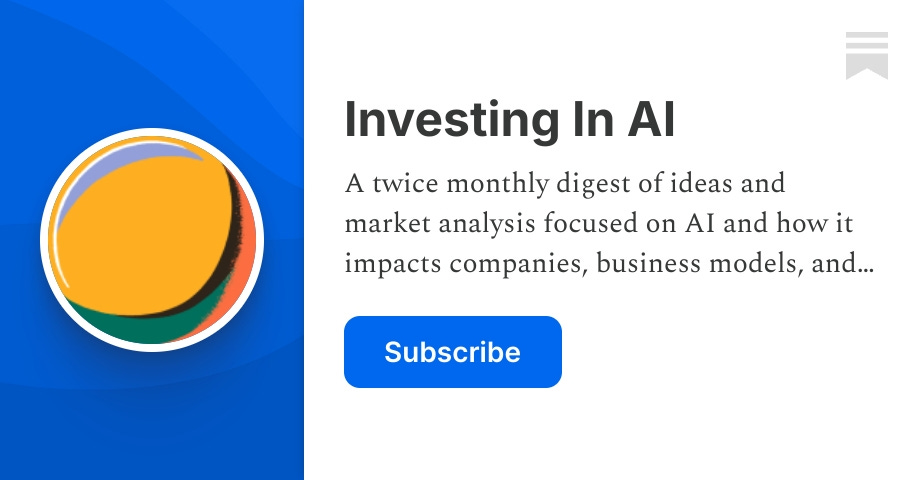The last year++ has been tough for tech. No need to belabor the point that’s been made again and again and again (and again).
It’s not the eternal doomsday that some may deem it to be. Things will bounce back. That’s how markets work. However, adjustments take time and a non-negligible number of years to find that past ‘equilibrium’ (more aptly, dis-equilibrium). I joined Retool pre-unicorn status and saw it grow ~3x in headcount and valuation within a year. Seeing those shifts was exciting and fit the hyper-growth trajectory and story I had long awaited to experience.
Fast-forward to today. The $3 billion valuation (intentionally lower than what could have been a ~2x multiple of that) represents an aggravated revenue multiple, and a shared realization of the objective numbers to maintain such stature. Unlike the breadth of once high-flying uni/deca corns now having to accept their dire fate, Retool didn’t shoot itself in the foot. We’re somewhat within striking distance of our previous price, though the thought of that $10 (and for some friends circa 2022, ~$30) billion-dollar valuation expectations can be a thing of the past (or re-inflated 5-10 year future, we’ll see).

Currently, my head is still in it. I joined because I still believe in the product and mission, and there are ways to go on GTM. We began shifting our focus toward the enterprise and are spending this year hardening our ships from last year. While the market changes are tangibly felt, there’s ample opportunity ahead with the same light at the end of the tunnel (albeit, a slightly dimmer path).
However, I reflect on the realities of the many companies subject to significant down-rounds and/or shutdowns. Many are filled with quality talent, who took the leap from big-tech or other roles to join that mission and potentially lucrative outcomes. Yet the obvious truth is worth magnifying. The outcomes and equity drive many such operators to the messiness of startups. Many (including myself) predicated our decisions on the last decade of tech's fruitfulness and viable liquidation options. Yet 2024 and the coming years reveal:
- Liquidation options are scrutinized and more difficult to come by
- The public market has tightened, and revenue, growth, and long-term sustainability of companies have come back into clear view for potential investors
- M&A for larger cap companies has become more strict. Antitrust regulations mixed with a healthy dose of cost-saving have made the path to a large acquisition rare. There will be a ton of cleanup for cheap startups looking for a quick exit, but I’m more curious about the potential for steadily growing $1-5B companies in which acquisition could make sense (e.g., Retool to FAANG)
- Liquidation events are less lucrative
This second point is the more alarming. I don’t expect to see a liquidation event for any recent startup. Valuations largely depend on the revenue and/or growth of a company. If we return to even a ~10x forward revenue multiple across sectors, the volume of notably large (~1 billion) liquidation events will suffer. The unicorn status was and should represent something special rather than a quick milestone in an early round. As LPs more meticulously track investments, there will be an increasing focus on venture returns, which could influence some early selling and short-term thinking. I fundamentally believe in championing innovation, though I do worry that the current market will take time to catch up to the new realities of startup → liquidation path, and employee financial incentives. Of course, this could differ for early employees and high-ups, but more so for the ‘middle-class’ of startup operators. This has ripple effects, as talent won’t have the same downstream throughput and latency from big tech to startups, affecting the quality and ability of the team to execute (and get to those even harder milestones).
Similarly, I wonder how drastically this affects investing options and strategies. In a market where few winners should return the fund, where will these needles in the haystack come from and how they’ll mutually benefit all parties (founders, operators, investors). I'm less privy to the investment side (I know many investing models exist).
I’m still processing some of these feelings, as I still enjoy the work and have some ownership in a 0-1 space, but it’s been a journey in living through the changing realities of this system.
Many of my thoughts were induced by the following article.
